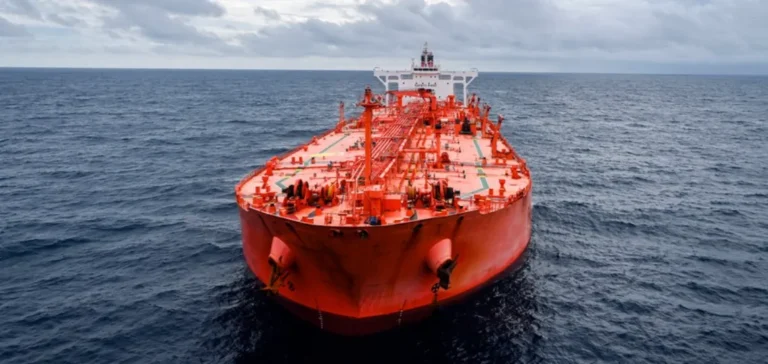China’s crude oil imports rose by 3.9% year-on-year in September, reaching a daily average of 11.5 million barrels. This increase coincided with higher refinery utilisation rates, which marked the highest level of the year for state-owned firms, according to official customs data. The average utilisation rate for public refineries stood at 81.05%, while that of independent refiners, commonly known as “teapots,” climbed to around 62%.
A monthly decline despite annual growth
Compared to the previous month, crude import volumes fell by 4.5%. This decline is mainly attributed to the exhaustion of import quotas allocated to independent refiners, which affected purchases of Russian and Iranian crude. Weaker arbitrage opportunities in June also reduced flows from Brazil and West Africa for cargoes loaded in July and August.
An analyst at Kpler, a firm specialising in energy flow analysis, noted that the monthly drop did not reflect weaker demand. It was primarily due to quota limitations for non-state-owned refiners, a factor that could continue to weigh on import volumes in the coming months.
Impact of US sanctions on Iranian flows
Imports of Iranian crude may remain under pressure following new sanctions imposed by the United States on a Chinese independent refiner, an import terminal, and several entities involved in Iranian crude trading. These measures could further hinder trade with Tehran, as operators seek to minimise regulatory risk exposure.
A stockpiling strategy supported by discounted supplies
Despite a slow start to the year, China’s imports gained momentum from spring onward, driven by access to discounted Russian and Iranian crude. The country is continuing its stockpiling strategy, with an average storage rate estimated at 990,000 barrels per day since the start of the year. China is also expanding its storage capacity, with an additional 169 million barrels planned to support long-term procurement.






















